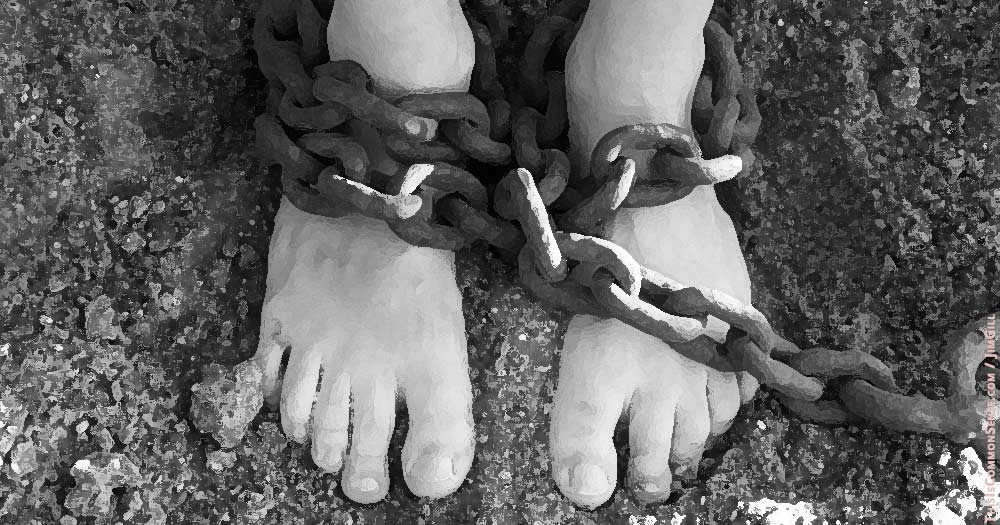The savvier economists (and intellectuals like Steven Pinker) like to remind us that it is progress that must be explained; poverty is natural.
But when you see poverty settle in like an infestation of slime mold, staining a whole modern city or region, you begin to wonder. As Ron Bailey wonders in his excellent Reason report on West Virginia’s impoverished McDowell County . . .
WHY DON’T THESE PEOPLE JUST MOVE?
The feeling of being trapped in your community — in your hovel, in your own blighted life — does not come, these days, from mere poverty alone. I remember the Joads in The Grapes of Wrath; my family has a history. Once upon a time, folks in America, when industry ran out, left. Traveled. Migrated — to find work where industry boomed.
And sure, McDowell used to be much more populated. Bailey’s family left two generations ago.
But the stragglers?
Almost any community has its specific enticements.
But one thing becomes clear, as you read through Bailey’s sad survey (in part memoir, since he has family ties there): government is the worst culprit.
A lot of welfare goes into McDowell, and a huge percentage of the population is retired or on disability.
“If you get public assistance to supply your needs without any effort from you,” explains one young man who came back to his beleaguered hometown, “you’ve got no incentive to better yourself or your situation.”
Government subsidizes poverty. Sure, it prevents destitution. Utter misery. But it also traps people, robbing them of their wherewithal to get up and go and achieve something.
Modern government is in the stasis business. Our assistance programs don’t just assist.
A modern American nightmare.
This is Common Sense. I’m Paul Jacob.

